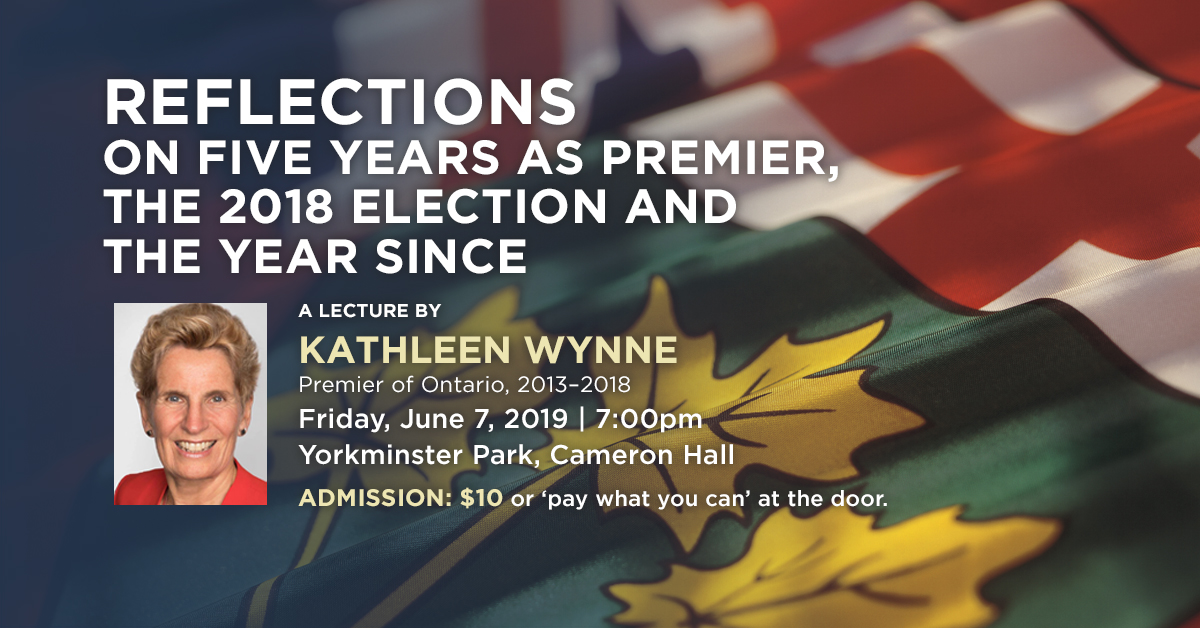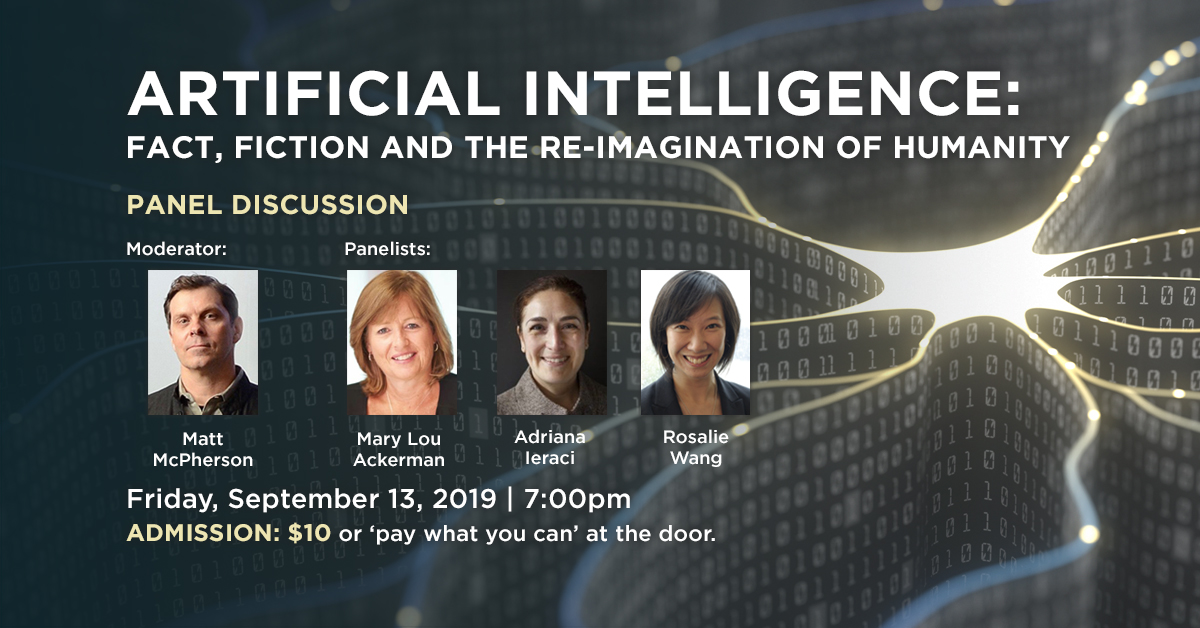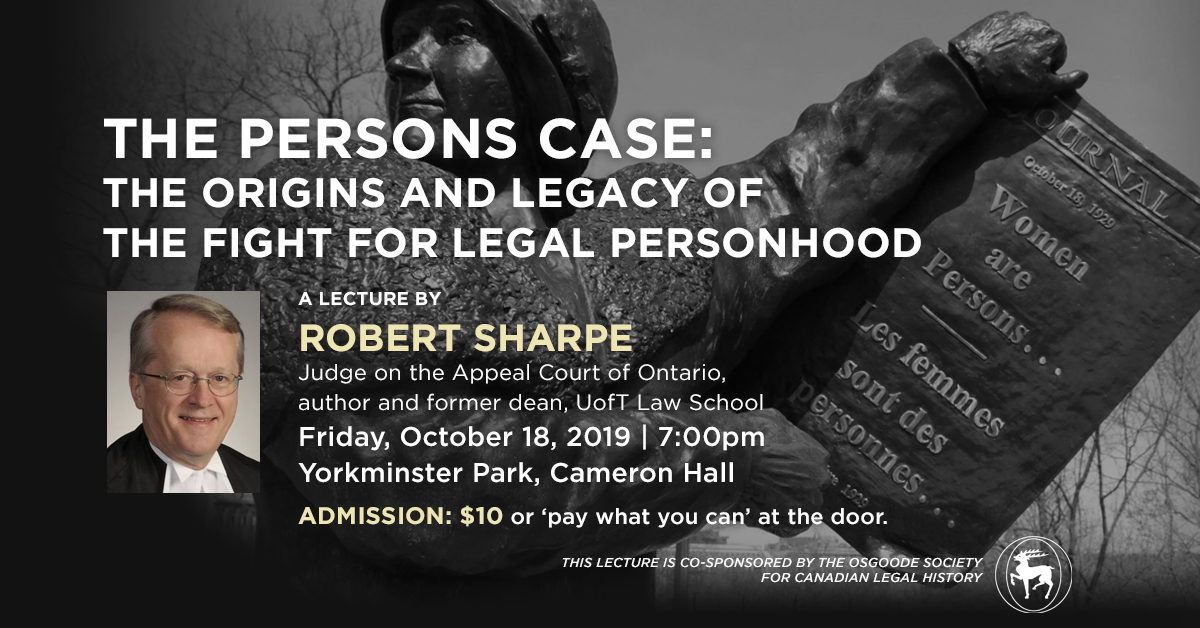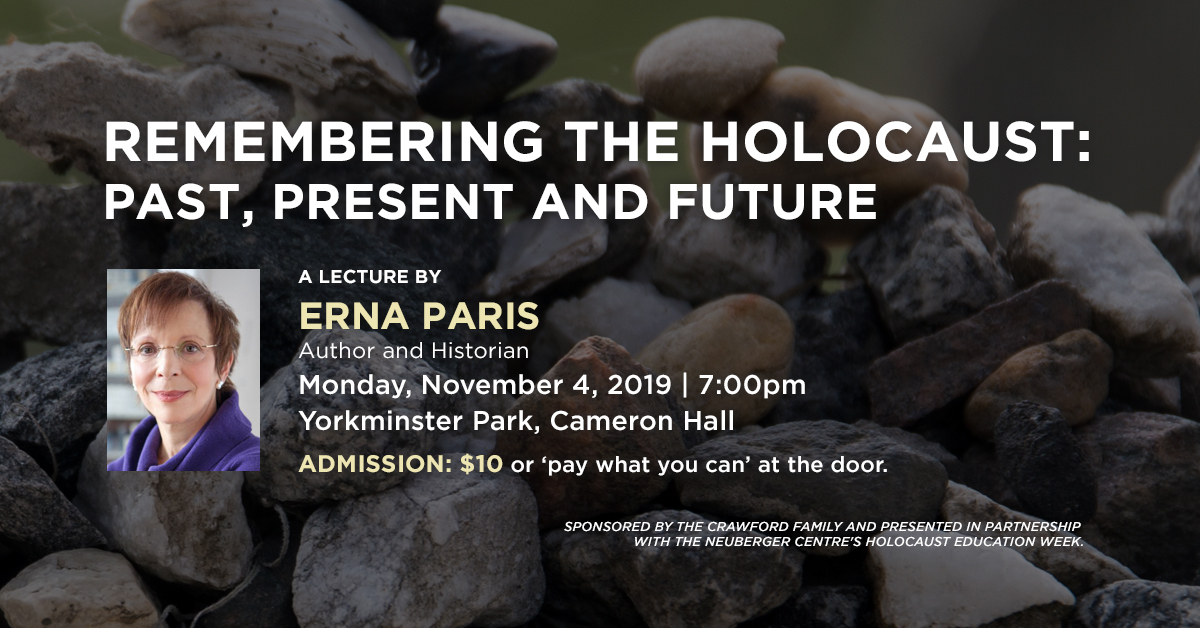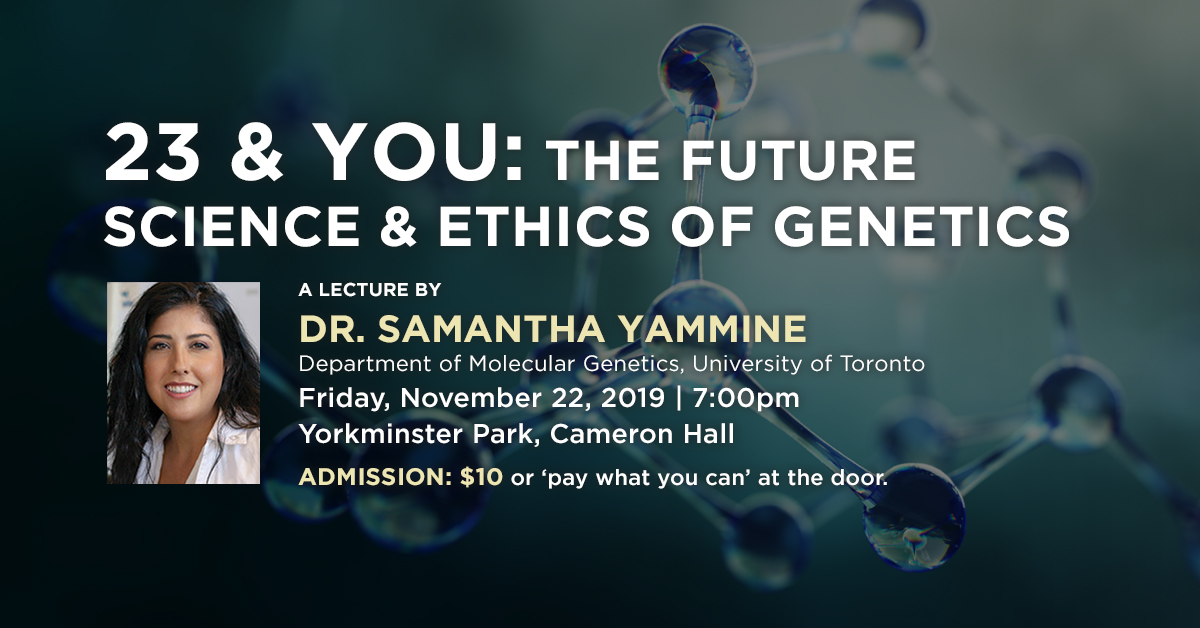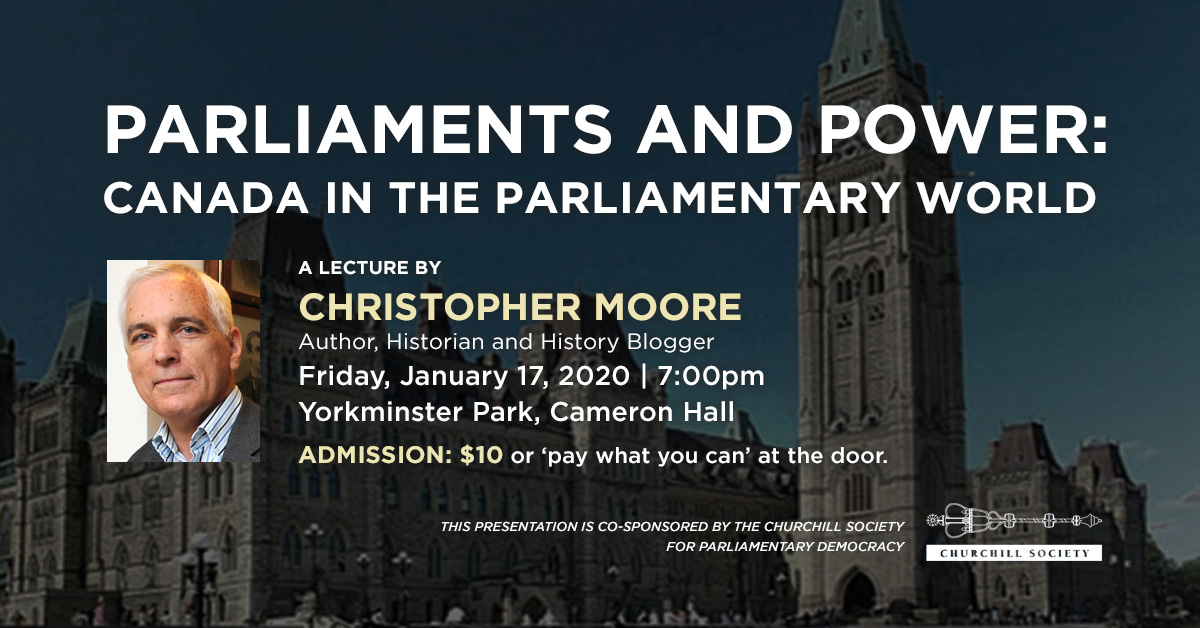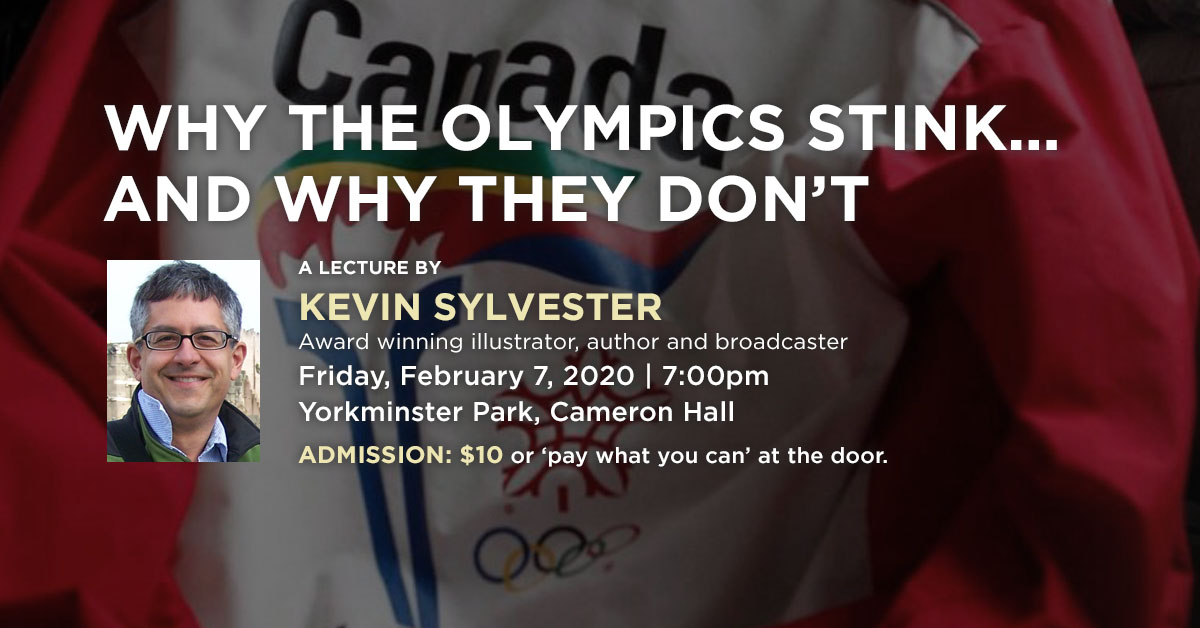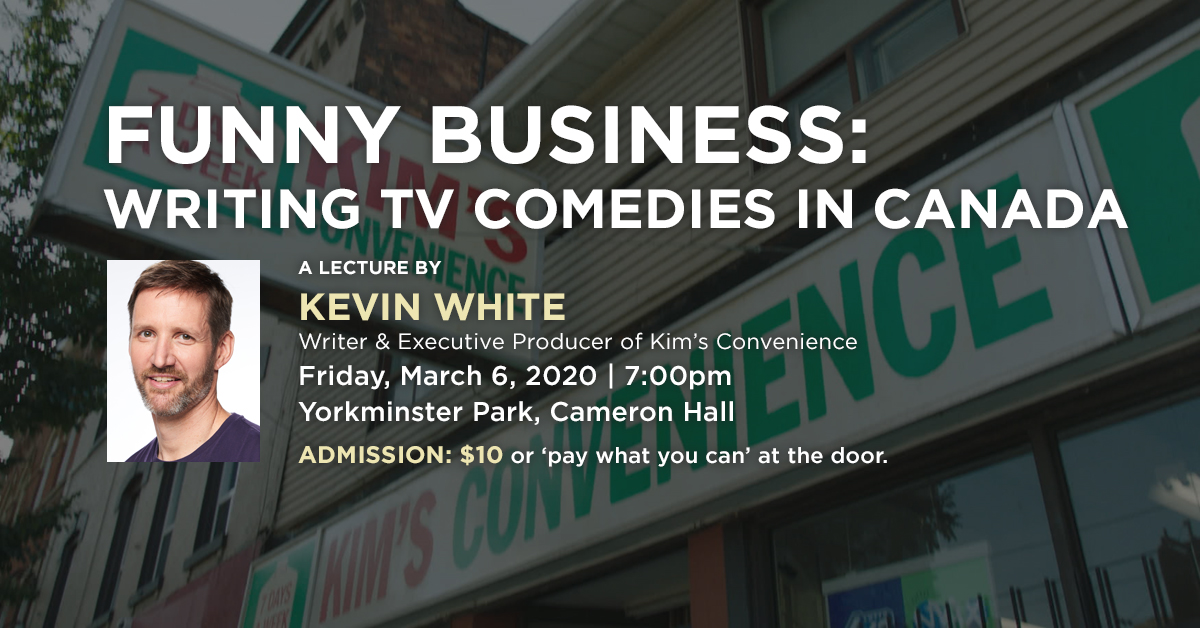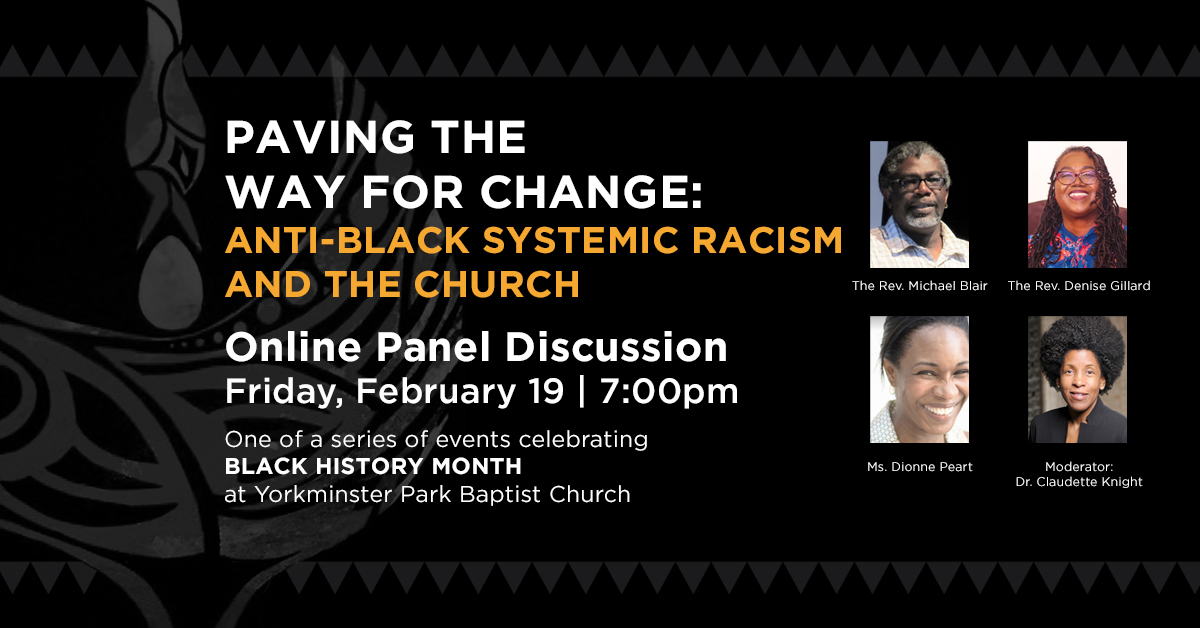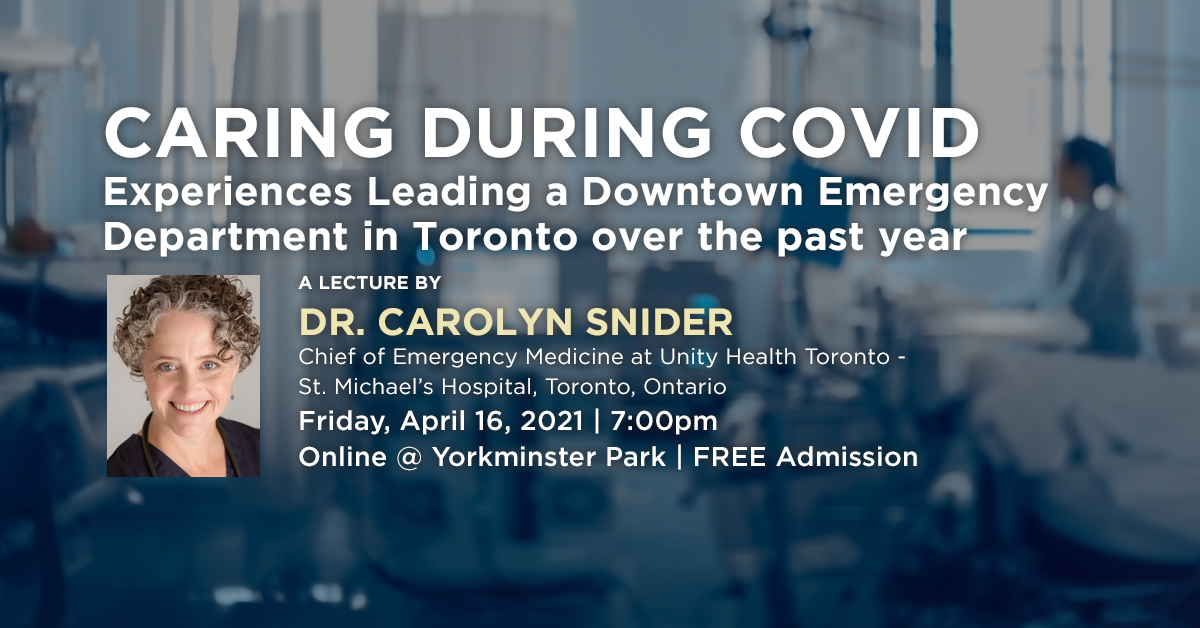
The Chinese in Toronto: Then and Now
Cameron Hall 1585 Yonge Street, TorontoThe arrival of Chinese and the development of Chinatown in Toronto owe their modest beginnings to the completion of the CPR in 1885 after which time a hostile British Columbia sent Chinese immigrants eastwards in search of employment and a more welcoming place. In 1894, the Chinese population in Toronto numbered fifty. Today, half a million make up the second largest visible minority in the Greater Toronto Area where the most spoken languages, after English and French, are Mandarin and Cantonese. Archival photographs and Arlene’s family stories will trace the history from the early years to the current day.



